Chinese Company Pursues Assets Seizure Against Nigeria
Zhongshan Fucheng Industrial Investment Co. Limited, a Chinese firm, is actively pursuing the seizure of Nigerian assets following a recent £20 million judgment awarded in its favour by a UK appeal court.
The company, emboldened by its legal victories, is now setting its sights on properties in Liverpool and two presidential planes in France.
Join our WhatsApp ChannelThe move is the latest in an ongoing dispute between Zhongshan and the Ogun State government, a situation some are comparing to the high-profile P&ID case.
Zhongshan’s Asset Seizure Strategy
Zhongshan Fucheng’s pursuit of asset seizure has raised concerns within the Nigerian government.
Attorney-General of the Federation and Minister of Justice, Lateef Fagbemi, has accused the Chinese company of resorting to “arm-twisting tactics” to seize Nigerian assets in foreign jurisdictions.
“This approach is both aggressive and unlawful,” Fagbemi stated, highlighting the broader implications for Nigeria’s international standing.
Zhongshan had previously secured a court judgment in France to seize two Nigerian presidential planes.
The company is now reportedly working on confiscating two properties in Liverpool that belong to the Nigerian government.
These actions are directly related to a dispute between Ogun State and the Chinese firm, which stems from a failed joint venture agreement.
READ ALSO: TotalEnergies Sells Onshore Oil Asset In Nigeria To Chappal Energies For $860m
Ogun State’s Refusal to Pay
In March 2021, an arbitration tribunal chaired by the president of the UK Supreme Court awarded $74.5 million (£57.8 million) in compensation to Zhongshan Fucheng. Ogun State reportedly refused to pay this amount, leading to the current legal battle.
Former Ogun State Governor, Senator Ibikunle Amosun, has described Zhongshan as an “imposter,” accusing the firm of acting unlawfully in its efforts to seize Nigerian assets.
“This is a situation similar to the P&ID case, where Nigeria eventually prevailed. We will fight this unlawful seizure with all legal means available,” Amosun declared.
Legal Complexities and Allegations
The Nigerian government’s inability to prove allegations of misrepresentation and concealment of facts against Zhongshan has been cited as a key reason for losing the appeal against the arbitration award.
A source from the US courts indicated that Nigeria failed to provide sufficient evidence to support its claims, which contributed to the unfavourable outcome.
One critical point in the arbitration was Ogun State’s revocation of the joint venture agreement with Zhongshan, which was partly based on information that the Chinese company’s parent entity, CAI, had been liquidated.
However, the tribunal found no evidence to support this claim and ruled that Ogun State’s decision was based on its assessment of Zhongshan’s capabilities.
US Courts Weigh In
The dispute has also reached US courts, where a recent ruling further complicated Nigeria’s efforts to defend its assets.
The US appellate court upheld the district court’s decision that Nigeria could not claim sovereign immunity under the Foreign Sovereign Immunities Act (FSIA).
The court determined that the FSIA’s arbitration exception applied in this case, effectively stripping Nigeria of its immunity.
The appellate court explained that the FSIA’s arbitration exception requires three jurisdictional facts: an arbitration agreement, an arbitration award, and a treaty governing the award.
It found that the first two requirements were established, and the third was satisfied by the New York Convention, which governs the arbitration award between Nigeria and Zhongshan.
Looking Ahead
As Zhongshan Fucheng continues its efforts to seize Nigerian assets, the case highlights the complexities and risks involved in international arbitration and asset seizure.
The Nigerian government faces a significant challenge in protecting its assets while navigating a complex legal landscape.
The outcome of this case will likely have lasting implications for Nigeria’s international relations and its ability to manage similar disputes in the future.
Emmanuel Ochayi is a journalist. He is a graduate of the University of Lagos, School of first choice and the nations pride. Emmanuel is keen on exploring writing angles in different areas, including Business, climate change, politics, Education, and others.

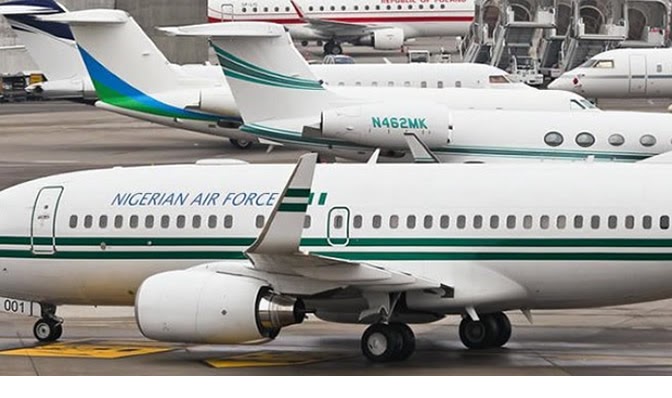





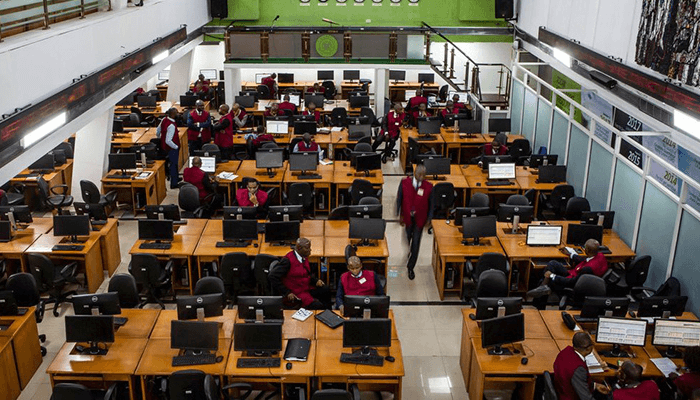
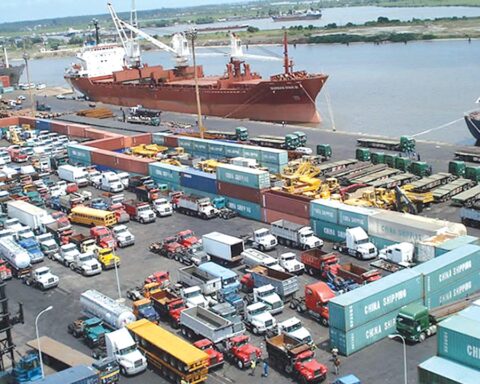
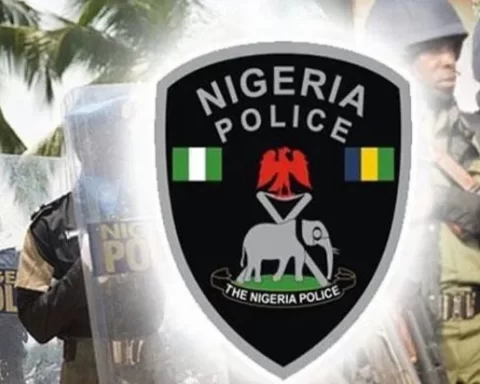
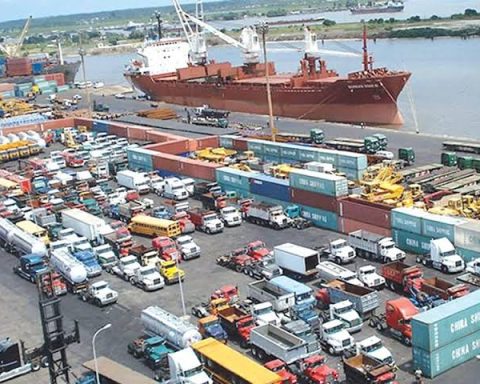
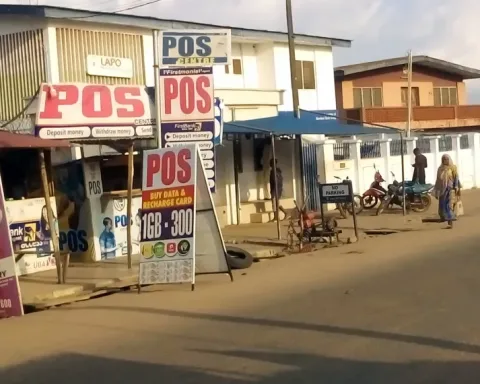



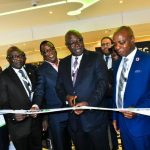
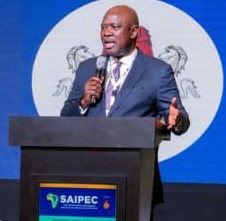
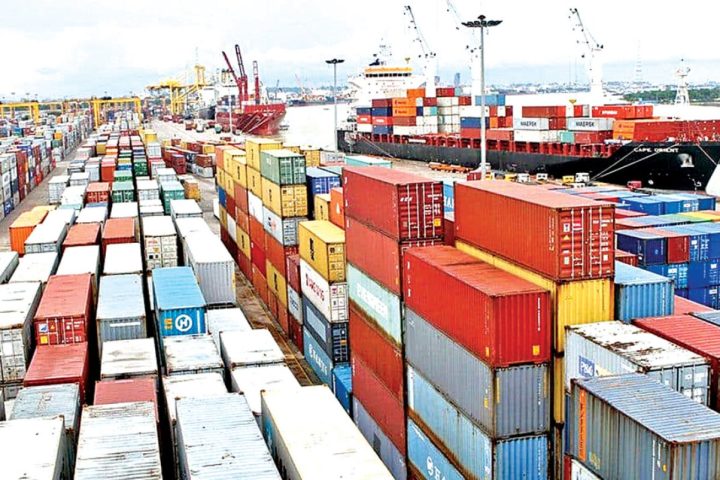
Follow Us